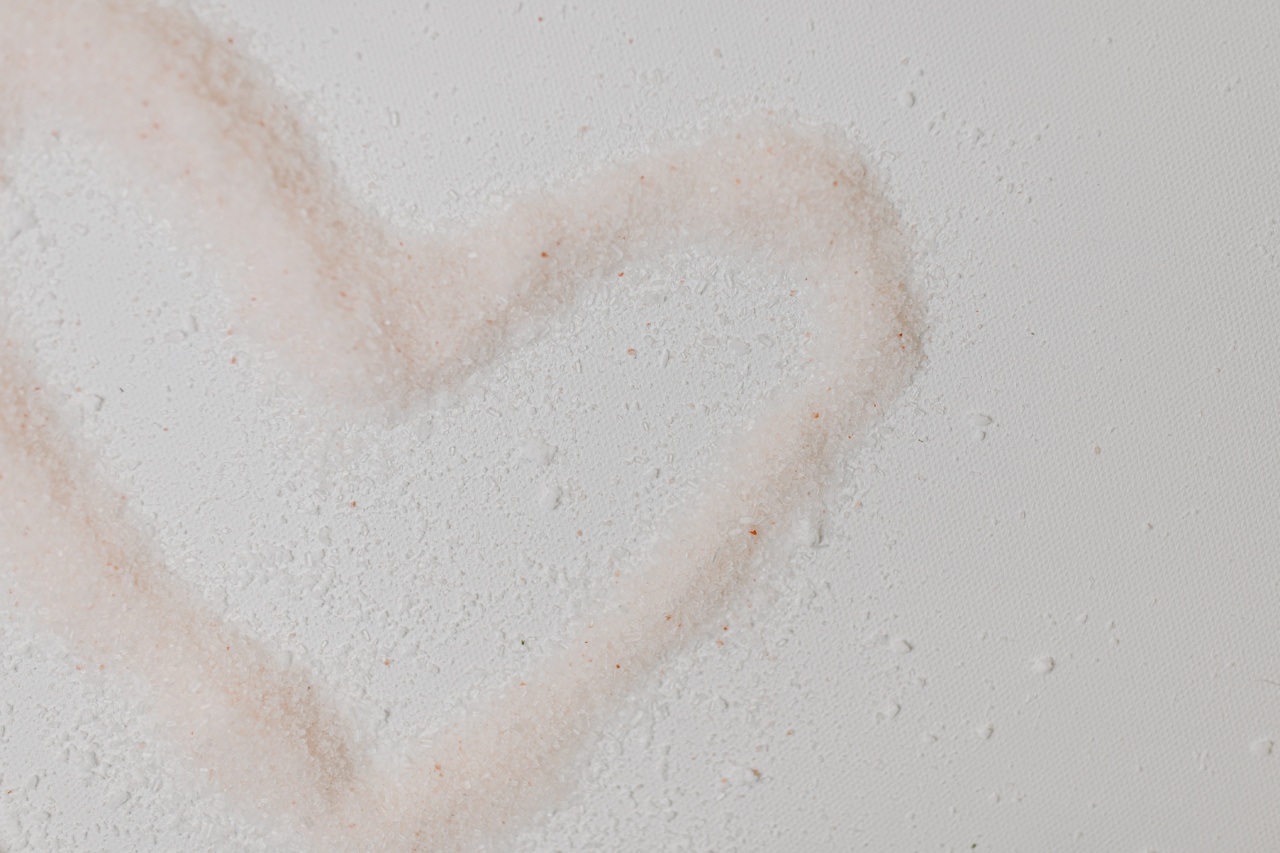Salt has been an important part of human diet for thousands of years. It was once considered a luxury item and was used as a form of currency. Today, salt is a cheap and readily available commodity found in almost every household.
However, the amount of salt we consume has increased significantly in recent years, and this has led to an increase in cases of heart failure and hypertension. In this article, we will discuss the role of salt in heart failure and hypertension.
What is Salt?
Salt is a mineral composed mainly of sodium chloride (NaCl). Sodium is a crucial mineral that helps the body function properly. It is involved in regulating blood pressure, transmitting nerve impulses, and maintaining fluid balance.
The body can make its own sodium, but most of it comes from the foods we eat, particularly salt.
How Much Salt Should We Consume?
The American Heart Association recommends that we consume no more than 2,300 milligrams (mg) of sodium per day, which is about one teaspoon of salt. However, most Americans consume far more salt than this.
The Centers for Disease Control and Prevention (CDC) estimates that the average American consumes about 3,400 mg of sodium per day. This can have serious health consequences, as we will discuss below.
What is Heart Failure?
Heart failure is a condition in which the heart is unable to pump blood effectively. It is a serious condition that can be life-threatening.
Some of the symptoms of heart failure include shortness of breath, fatigue, and swelling in the legs, ankles, and feet.
How does Salt Affect Heart Failure?
When we consume too much salt, our body retains excess fluid. This can cause an increase in blood volume, which in turn puts added pressure on the heart. The heart has to work harder to pump blood, and over time, this can lead to a weakened heart muscle.
This can eventually lead to heart failure.
What is Hypertension?
Hypertension, or high blood pressure, is a condition in which the force of blood against the walls of the arteries is too high.
It is often referred to as the “silent killer” because it often has no symptoms but can cause serious health problems such as heart attack, stroke, and kidney failure.
How Does Salt Affect Hypertension?
When we consume too much salt, the excess sodium in our bloodstream can cause our blood vessels to constrict, which increases blood pressure. This can lead to hypertension, and if left untreated, can cause serious health problems, as mentioned above.
What Can We Do to Reduce Our Salt Intake?
Reducing salt intake is important for maintaining a healthy heart and preventing hypertension. Here are some tips for reducing our salt intake:.
- Choose fresh foods over processed foods. Processed and packaged foods often contain high amounts of salt.
- Read food labels and choose foods that are low in sodium.
- Avoid adding salt to meals. Instead, try using herbs and spices to add flavor.
- Limit the amount of canned foods, such as soups and vegetables, that you consume.
- Avoid fast food restaurants. Many of their meals contain high amounts of salt.
Conclusion
The role of salt in heart failure and hypertension cannot be overstated. Consuming too much salt can increase blood pressure, cause the heart to work harder, and eventually lead to heart failure.
By reducing our salt intake, we can maintain a healthy heart and prevent hypertension. Follow the tips above to reduce your salt intake and protect your heart.






























